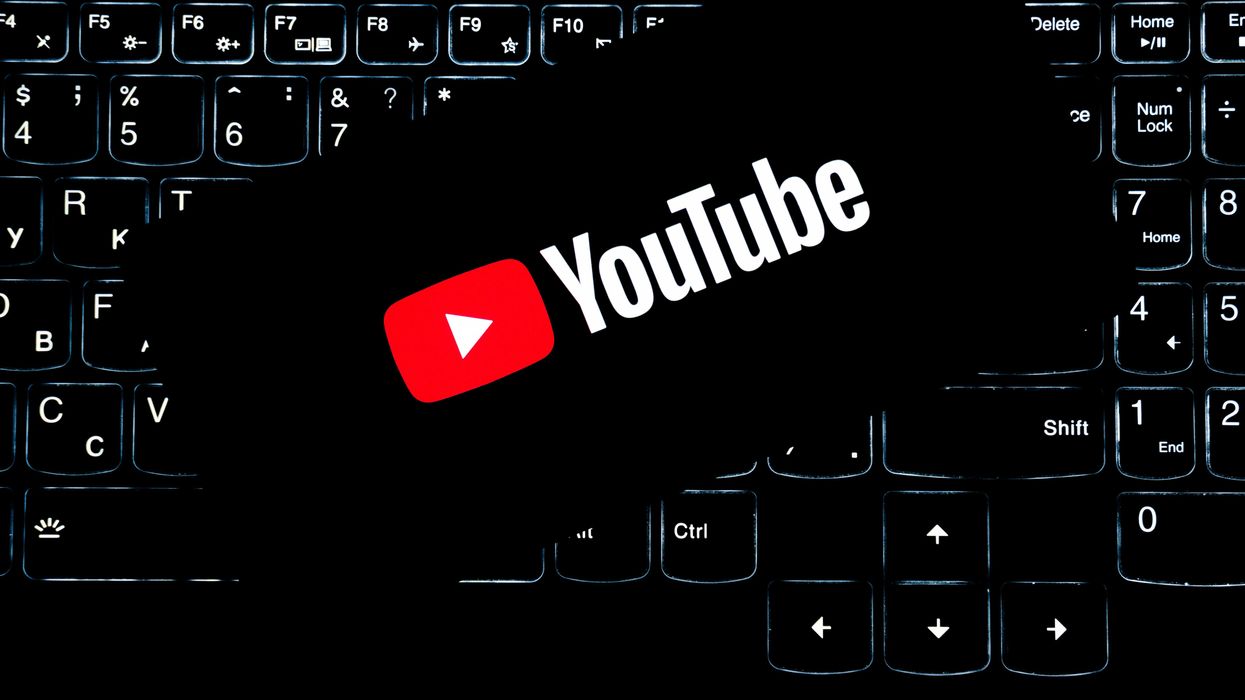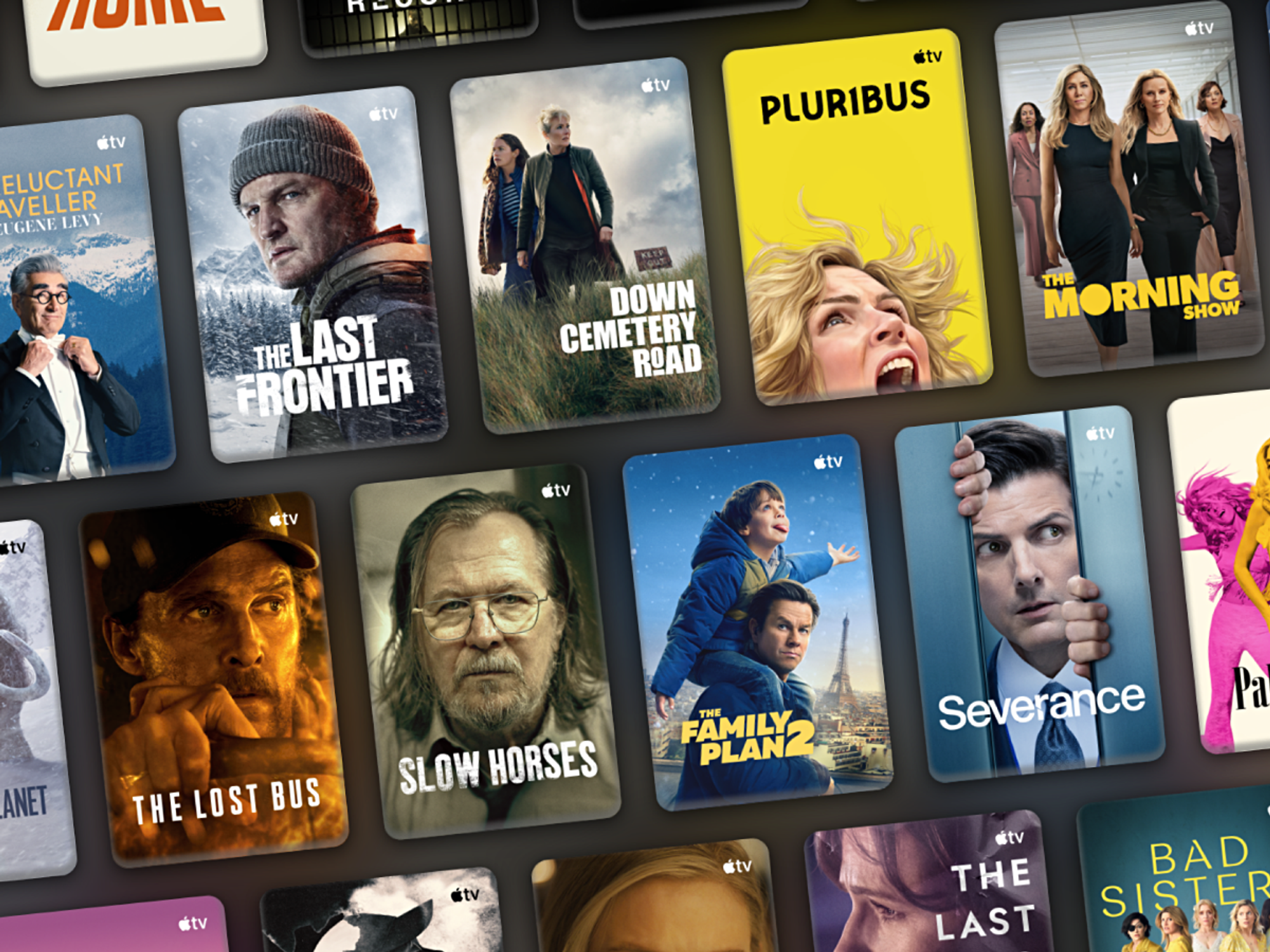Now YouTube wants to copy Netflix's password sharing crackdown and BLOCK money-saving loophole

YouTube is cracking down on password sharing with members living outside of the same household
|PEXELS
YouTube is no longer allowing password sharing outside of your household
- YouTube is flagging household accounts for sharing passwords with outside members
- You may be affected if you have a YouTube Premium Family Plan
- Account managers will receive a warning email if YouTube detects this
- The platform processes electronic checks that monitor your IP address
- If you're affected by these changes, you have a few options to consider
Don't Miss
Most Read
If you're sharing a YouTube Premium Family Plan with people who don't live under the same roof as you, this money-saving arrangement could soon come to an end.
The video platform has started to enforce its long-standing requirement that all family plan members reside at the same address as the account holder. Also known as the account manager, this person is responsible for setting up and monitoring the subscription service, which costs £19.99 a month.
For that, up to six people can watch YouTube videos ad-free in a web browser or mobile apps, download videos to watch when offline — like a long-haul flight, and access YouTube Music Premium — a Google-owned Spotify competitor with millions of tracks and playlists.
If this latest crackdown sounds familiar, it's probably because it mirrors moves from Netflix, which started cracking down on household accounts for sharing passwords back in May 2023. You now have to pay for an "extra member" each time you want to add someone to your account, which is £4.99 per month for each person added. The tactic was so successful that Disney+ went on to follow in the same footsteps.
And now, YouTube is the latest service to block password sharing between friends and family members looking to save money by splitting the cost of a cheaper "Family" plan, no matter where they live.
If you're found to be violating the rules, you'll receive a warning email if YouTube detects you're accessing Premium from a different location than the plan holder. The message, titled "Your YouTube Premium family membership will be paused," gives you 14 days before your benefits disappear.
YouTube is flagging Premium Family members living at different addresses, similar to Netflix’s password-sharing crackdown. Users report receiving emails stating their accounts will be paused, but affected regions remain unclear. pic.twitter.com/4y9nwxxsKx
— Pirat_Nation 🔴 (@Pirat_Nation) September 2, 2025
After the pause takes effect, you'll remain part of the family group but will lose all Premium perks. This means you'll return to watching YouTube with adverts and won't have access to features like background play or offline downloads.
YouTube determines whether you're living in the same household through electronic checks that monitor your IP address over a 30-day period. If the system notices you haven't returned to the family manager's home address during this time, it will flag your account.
The warning email states: "It appears you may not be in the same household as your family manager, and your membership will be paused in 14 days." This approach mirrors Netflix's password-sharing restrictions, which track login locations to identify users accessing accounts from different residences.
YouTube will stop your Premium family plan if you all do not live in the same house. pic.twitter.com/6jY21hzGFD
— TrakinTech (@TrakinTech) September 3, 2025
You can contact YouTube if you believe there's been an error, particularly if you do actually live in the same household. The platform provides contact details in the warning email for disputing incorrect flags.
Many have reportedly raised questions as to why YouTube still calls this a "Family" plan when it requires everyone to live together. Many users have expressed frustration about this naming, suggesting it should be renamed to "Household Plan" to better reflect the actual requirements.
The enforcement appears to be in its early stages. While some users have reported receiving warning emails, the crackdown hasn't reached all Premium Family members yet. It remains unclear which countries are currently affected by these new measures.
If you haven't received a warning yet but are sharing your plan with people outside your home, you might want to prepare for changes. The platform seems to be gradually rolling out these notifications rather than implementing a blanket enforcement across all accounts.
LATEST DEVELOPMENTS
- Update your WhatsApp! 'Sophisticated attack' targets iPhone owners
- Apple teases blockbuster new iPhone launch with two-word clue
- Best VPN deals
- YouTube is using AI to edit videos without telling anyone
- Best mattress toppers
YouTube's strategy follows Netflix's successful approach, which saw subscriber numbers rise after implementing similar restrictions. The platform appears to be pushing users towards individual subscriptions or its newer two-person Premium plans introduced in May.
If you're affected by these changes, you have several options. You can switch to an individual Premium subscription (£12.99), join a legitimate family plan with actual household members (£19.99), or return to YouTube's free version with advertisements.
The enforcement from YouTube suggests a financial motivation. For instance, if five friends share a £19.99 monthly family plan, YouTube receives just that amount. However, if each person purchases their own subscription, the platform's revenue multiplies significantly. This could illustrate why streaming services are increasingly strict about account sharing between households.
More From GB News










